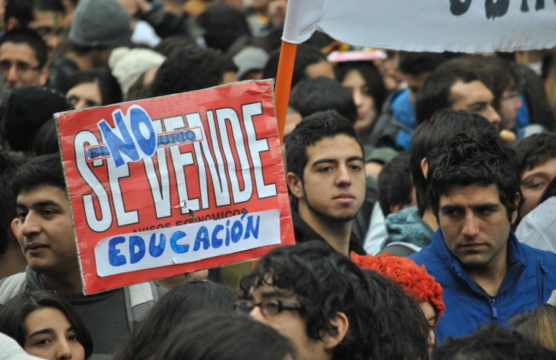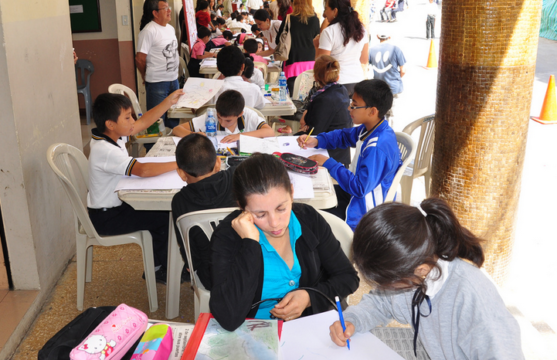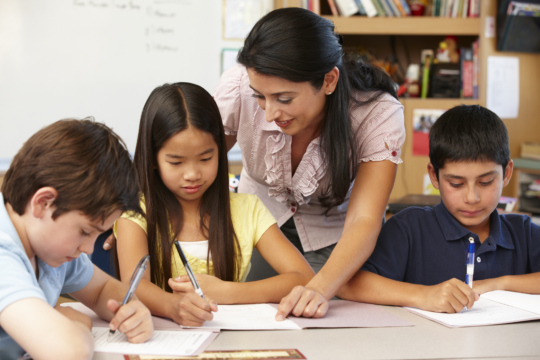Within a context of unequal development, a great number of children in Central America and Dominican Republic schools show low learning achievement in international tests. Although there are various explanations for this situation, it is widely accepted that well-prepared and committed teachers can make the difference for their pupils in reducing learning gaps and enhancing overall student learning even under adverse conditions. Keeping in mind the complexities of a systemic approach, effective teacher training policies are a key to create conditions and opportunities for school effectiveness and student learning.
The perspectives of three countries were considered: Guatemala, Nicaragua, and the Dominican Republic. Relevant research and a recent study of UNESCO’s Regional Office for Latin American and the Caribbean (OREALC/UNESCO) on teacher policies served to guide analyses and formulate recommendations for policy makers, researchers, and practitioners.
Descargue el documento completo abajo.
 Video
Video





















